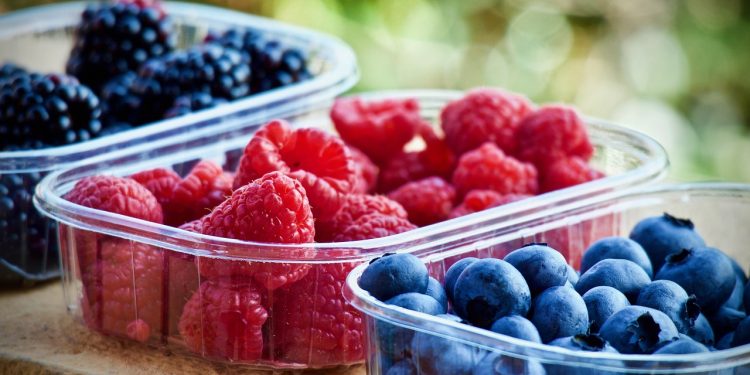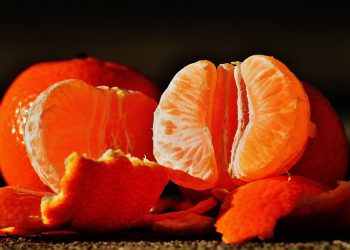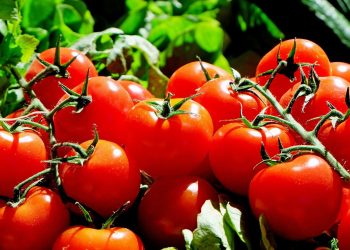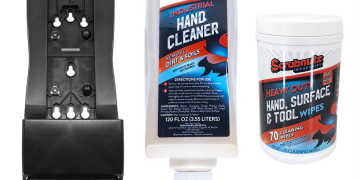The toddler years are a critical time for growth and development, making nutrition a cornerstone of your child’s health and well-being. Establishing healthy eating habits early sets the foundation for a lifetime of good choices. While toddlers can be notoriously picky eaters, understanding their nutritional needs and providing balanced meals can ensure they get the essential nutrients required for their rapid growth. Here is a comprehensive guide to nutrition for toddlers.
Understanding Toddler Nutritional Needs
Toddlers, typically aged 1-3 years, experience significant physical and cognitive development. To support this growth, their diet needs to be nutrient-dense, providing energy, vitamins, and minerals in appropriate amounts. Key nutrients for toddlers include:
- Protein: Essential for tissue growth and repair.
- Calcium: Vital for strong bones and teeth.
- Iron: Necessary for healthy blood and cognitive development.
- Vitamin D: Helps the body absorb calcium and supports immune health.
- Healthy Fats: Crucial for brain development and energy.
- Fiber: Supports digestive health and prevents constipation.
Building Balanced Meals for Toddlers
A balanced meal for a toddler should include a variety of food groups to provide the necessary nutrients. Aim for meals that incorporate:
- Fruits and Vegetables: These should make up about half of their plate. They are rich in vitamins, minerals, and fiber.
- Grains: Focus on whole grains like oats, brown rice, and whole wheat bread to provide long-lasting energy.
- Protein: Include lean meats, poultry, fish, eggs, beans, or plant-based alternatives like tofu.
- Dairy or Alternatives: Milk, cheese, yogurt, or fortified plant-based options provide calcium and vitamin D.
- Healthy Fats: Avocados, nuts, seeds, and olive oil are excellent sources.
Key Nutrients and Their Sources
Protein
- Why It’s Important: Protein supports muscle growth, enzyme production, and overall development.
- Sources: Chicken, turkey, fish, eggs, beans, lentils, yogurt, and tofu.
Calcium
- Why It’s Important: Essential for building strong bones and teeth.
- Sources: Milk, cheese, yogurt, fortified plant-based milks, and leafy greens like kale.
Iron
- Why It’s Important: Prevents anemia and supports brain development.
- Sources: Lean meats, fortified cereals, beans, spinach, and lentils. Pair iron-rich foods with vitamin C sources to enhance absorption.
Healthy Fats
- Why It’s Important: Critical for brain development and energy.
- Sources: Avocado, nuts (ensure they’re safe for toddlers), seeds, and fatty fish like salmon.
Managing Toddler Mealtime Challenges
Toddlers are often unpredictable when it comes to eating. Some common challenges include picky eating, food jags (eating the same food repeatedly), and fluctuating appetites. Here’s how to handle these hurdles:
Picky Eating
- Stay Patient: Introduce new foods multiple times, as toddlers often need repeated exposure before accepting a new taste.
- Get Creative: Present foods in fun shapes or mix them into dishes they already enjoy.
- Lead by Example: Model healthy eating habits by enjoying a variety of foods yourself.
Food Jags
- Offer Variety: Encourage your toddler to try different foods even if they have a current favorite.
- Balance Familiarity and Novelty: Pair their preferred foods with new or less-favored items.
Small Appetites
- Frequent, Smaller Meals: Serve smaller, more frequent meals throughout the day to match their natural eating patterns.
- Nutrient-Dense Snacks: Offer healthy snacks like fruit, yogurt, or whole-grain crackers between meals.
Sample Toddler Meal Plan
Here’s an example of a day’s worth of meals for a toddler:
Breakfast:
- Scrambled eggs with spinach and whole-grain toast.
- A small banana sliced into bite-sized pieces.
- A cup of milk or fortified plant-based alternative.
Snack:
- Plain yogurt with fresh berries and a drizzle of honey (for toddlers over one year old).
- A handful of whole-grain cereal.
Lunch:
- Grilled chicken strips with steamed broccoli and quinoa.
- A slice of cantaloupe.
Snack:
- Sliced cucumber with hummus for dipping.
- Whole-grain crackers.
Dinner:
- Baked salmon with roasted sweet potatoes and green beans.
- A small serving of applesauce.
Hydration for Toddlers
Proper hydration is just as important as solid food for toddlers. Water should be the primary beverage, while milk provides additional calcium and nutrients. Limit sugary drinks like juice to occasional servings (no more than 4-6 ounces per day) and avoid soda entirely.
Tips for Encouraging Hydration:
- Offer water regularly throughout the day.
- Use a fun, colorful cup to make drinking water more appealing.
- Serve milk with meals to balance hydration and nutrient intake.
Foods to Avoid
Some foods can pose risks to toddlers due to choking hazards, allergies, or unhealthy ingredients. Avoid the following:
- Choking Hazards: Whole grapes, hard candies, popcorn, and nuts. Always cut food into small, manageable pieces.
- High-Sodium Foods: Processed snacks, canned soups, and fast food can contribute to excessive salt intake.
- Sugary Foods: Limit candies, cookies, and sugary cereals to prevent tooth decay and unhealthy eating habits.
- Honey (Under 1 Year): Honey can contain spores that cause infant botulism and should be avoided until after the first birthday.
Involving Toddlers in Meal Prep
Getting toddlers involved in preparing their meals can make them more interested in eating. Simple tasks like stirring batter, washing vegetables, or arranging food on a plate give them a sense of ownership and curiosity about their meals.
Benefits of Involvement:
- Builds a positive relationship with food.
- Encourages trying new foods.
- Develops fine motor skills and confidence.
Supplements for Toddlers
Most toddlers can meet their nutritional needs through a well-balanced diet. However, certain situations may require supplements:
- Vitamin D: If your toddler doesn’t get enough sunlight or fortified foods, a supplement may be necessary.
- Iron: If your child is at risk of anemia, an iron supplement may be recommended by your pediatrician.
- Multivitamins: For particularly picky eaters, a daily multivitamin can help fill any gaps.
Always consult a healthcare provider before introducing supplements.
Setting the Stage for Lifelong Healthy Eating
The toddler years are a golden opportunity to establish a healthy relationship with food. By offering a variety of nutrient-dense options, being patient with their eating habits, and making meals enjoyable, you’re setting the foundation for a lifetime of healthy eating behaviors. Toddlers thrive on routine and positive reinforcement, so consistency and encouragement are key to fostering good habits.










